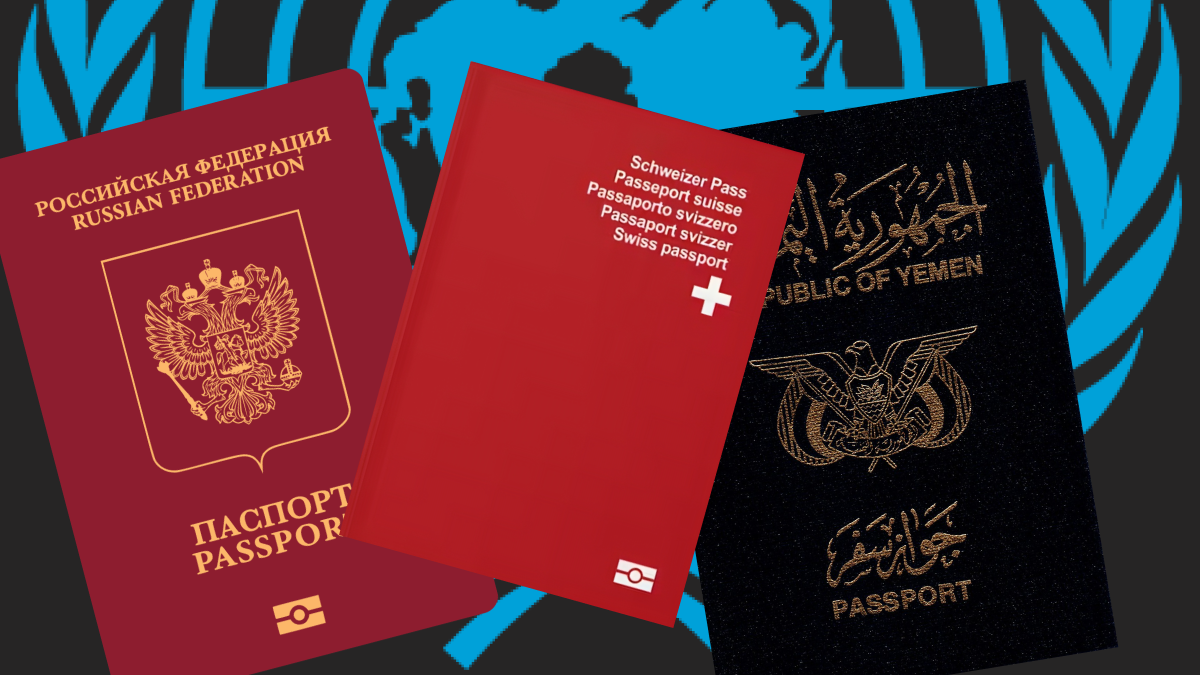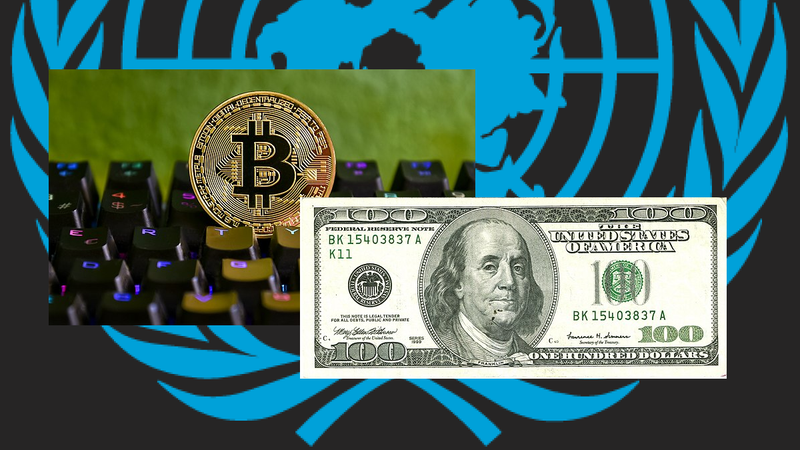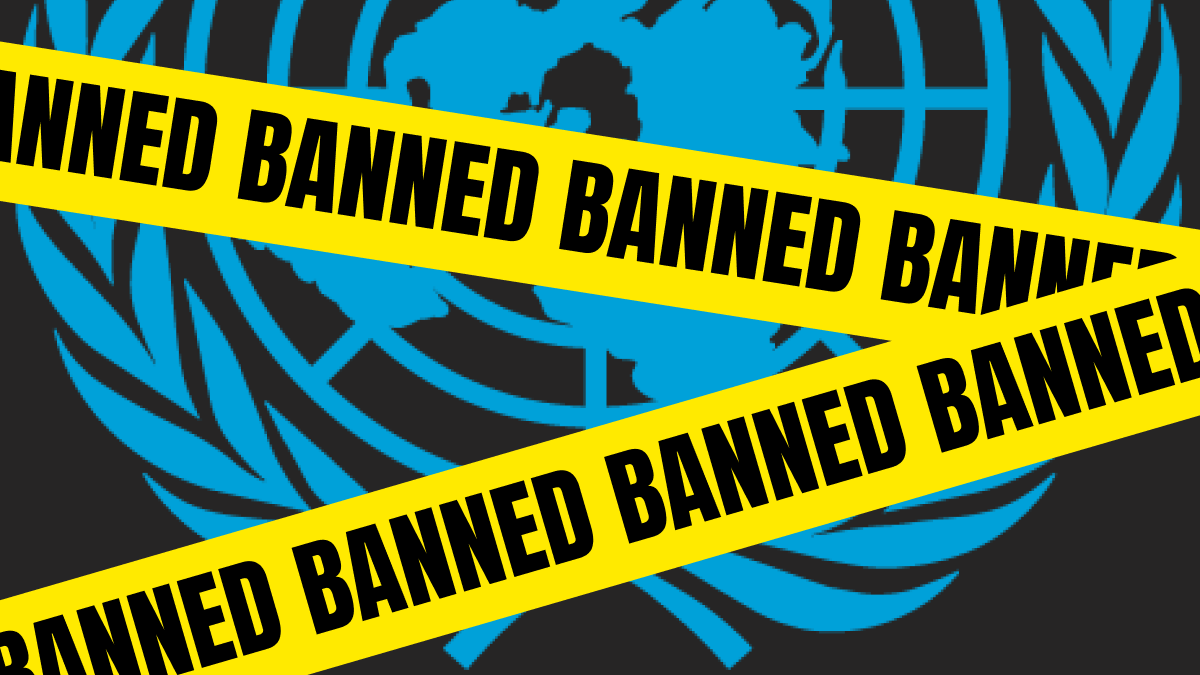Economic Sanctions and Collateral Damage

This article is part of a six-part educational series in cooperation with the non-custodial, peer-to-peer Bitcoin exchange Vexl.
“Everyone is entitled to all the rights and freedoms set forth in this Declaration, without distinction of any kind, such as race, colour, sex, language, religion, political or other opinion, national or social origin, property, birth or other status. Furthermore, no distinction shall be made on the basis of the political, jurisdictional or international status of the country or territory to which a person belongs, whether it be independent, trust, non-self-governing or under any other limitation of sovereignty.”
– Universal Declaration of Human Rights, Article 2
Almost 10 years ago, I met Mottomorashi Hinin, a Russian going by a Japanese name, in an anarchist bar.
He was introduced to Bitcoin in 2012, and has since been making a living helping out with various hacking projects. Over beers, he said something to me that resonates to this day. Fiat money, he said, was really just “weaponized spreadsheets”. “How else do you explain that I cannot get a bank account just because I was born in the wrong country.”
Weaponized Spreadsheets
While we are all created equal and protected from discrimination under international law, these promises seldom hold up in practice. This is true in all areas of our lives – from trying to rent an apartment to filling out job applications – but especially in the financial system, due to an administrative procedure called economic sanctions.
Sanctions, in some form or another, have existed for centuries, mostly in the form of trade embargoes or economic blockades. Their idea is simple: we stop a country we are at war or in a dispute with from being able to access our markets. As a form of penalization, sanctions have long served the purpose of bringing fighting parties to the table without raising arms. Used in this way, it could be argued that sanctions are a form of diplomatic tradecraft – at least in theory.
This all changed during the cold war. Beginning in the early 1980s, the Reagan administration began using sanctions not to force the USSR and its allies into peace talks, but to bankrupt them financially. Paired with the CIA’s Foreign Denial and Deception Committee, sanctions turned into the US’ primary tool to overthrow disfavorable regimes. To enact such sanctions, the US would cut countries off from the Dollar market, while staging local anti-regime protests that blamed the country’s economic demise not on the US cutting off their finances, but on corruption and mismanagement of the targeted regime itself.
Today, sanctions have become the US’ primary tool of warfare, but they really only work when they are applied in unison; A country that continues to have access to the Euro market may well survive without the Dollar, even weakening the Dollar in the worst case. To prevent such Euro-Dollar disparities, sanctions that originate in the US are often applied throughout the West in coordinated efforts.
Penalization By Nationality
Sanctions are, effectively, an active violation of our international right to not be discriminated against based on our nationality or place of birth. Because banks face enormous fines for facilitating transactions to sanctioned jurisdictions, the majority of financial institutions rather not open an account for a person born in sanctioned countries. On the one hand, banks fear that the customer may send or receive money from back home, which would get the bank in trouble. On the other hand, the costs of monitoring such customers for potential sanctions violations are simply too high. This is particularly true for those of lower income; increased compliance checks mean increased costs, so in the majority of cases, the bank simply won’t bother to serve you unless it is financially viable for them.
Since Russia’s invasion of Ukraine, thousands of Russian nationals have been unable to open bank accounts in the EU despite having residency, even though they are not sanctioned themselves. As reported by Reuters, many banks cite a “lack of commercial interest” in the relationship, while others cited sanctions directly. In the US, the situation for Iranians is so dire, that even if they are able to find a bank who may take them on as a customer, banks tend to terminate their accounts without prior notice. But the fact of the matter remains: none of these people have done anything wrong or have been accused of committing crimes. The only reason they are excluded from the banking system is their place of birth or nationality.
Sanctions are such a powerful tool for war, because to enact sanctions, the Government does not need a budget or Congressional approval – it’s enough to simply write the country, person, or entity on a list. Sometimes, this can happen to completely innocent people, for example for having used a currency exchange office that was used for money laundering without the person’s knowledge. Once a person is on a sanctions list, they are effectively cut off not just from the global financial system, but also, for example, from traveling freely. In the worst case, people may lose their residency, facing significant impediments of their civil liberties.
When money turns into a weapon, real people find themselves in the crosshairs of economic warfare in a financial system that is neither fair, nor just.






